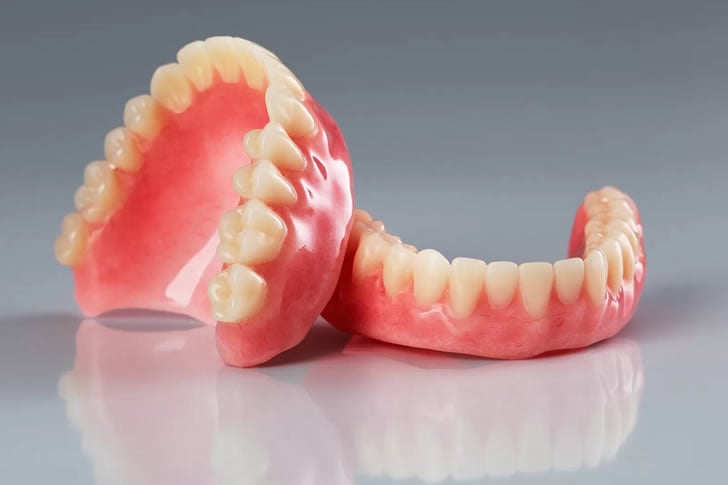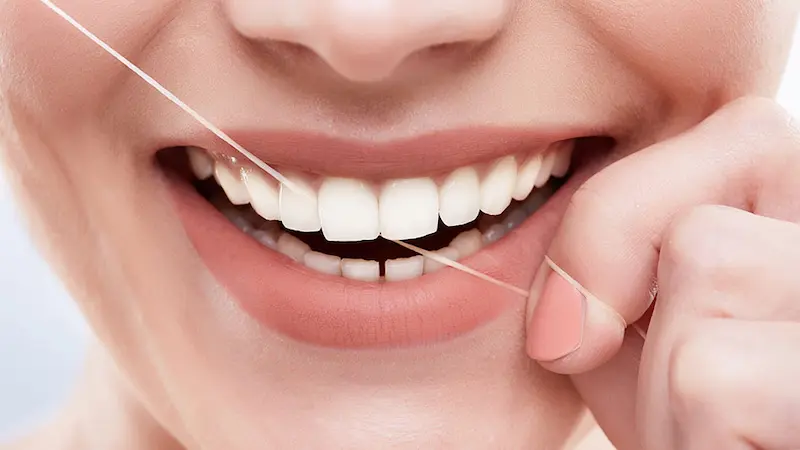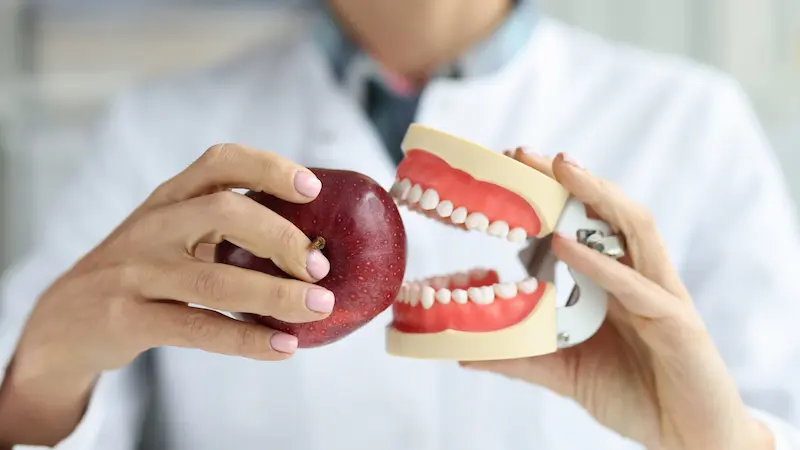Boosting Confidence with Dentures and Oral Health Tips
Dentures are prosthetic devices designed to replace missing teeth, offering functionality and aesthetics to those who have experienced tooth loss. While they serve the fundamental purpose of enhancing oral function—such as chewing and speaking—they also significantly impact an individual's self-esteem and overall confidence. This article outlines practical tips for maintaining good oral health with dentures, ultimately helping wearers to regain their confidence.

Understanding the Benefits of Dentures
The primary benefits of dentures include:
- Restoration of Functionality: Dentures allow wearers to eat a variety of foods without difficulty, promoting better nutrition.
- Aesthetic Improvement: Complete dentures fill the gaps left by missing teeth, providing a more youthful appearance and boosting self-esteem.
- Support for Facial Structure: Dentures help maintain facial structure by preventing the skin and muscles from sagging, which can occur due to the loss of teeth.
Essential Oral Health Tips for Denture Wearers
Maintaining good oral health is crucial for the longevity of dentures and the overall health of the mouth. Here are some tips:
- Daily Cleaning: Dentures should be cleaned daily using a soft-bristle toothbrush or denture brush and a non-abrasive denture cleaner. This helps remove food particles and plaque, preventing staining and odor.
- Soaking: Overnight, dentures should be soaked in a cleansing solution specifically designed for dentures. This not only keeps them fresh but also helps in maintaining their shape.
- Regular Oral Care: Even without natural teeth, maintaining good oral hygiene is essential. Brush and floss the gums, tongue, and any remaining natural teeth to prevent gum disease and maintain oral health.
- Routine Dental Visits: Regular check-ups with a dentist are important for assessing the fit and condition of dentures. Dentists can make necessary adjustments and ensure there are no underlying oral health issues.
- Balanced Diet: A healthy diet is vital for individuals with dentures. Foods that are high in sugar should be limited to prevent gum disease. Focusing on whole foods and maintaining hydration supports overall health.
- Avoid Smoking and Excessive Alcohol: Both tobacco and excessive alcohol can harm gums and contribute to bad breath. Avoiding these substances can significantly improve oral health.
FAQs
Q: How long do dentures typically last?
A: With proper care, dentures can last anywhere from 5 to 10 years. Regular dental check-ups can help in determining their suitability over time.
Q: Can I wear dentures while sleeping?
A: It is recommended to remove dentures while sleeping to allow the gums to rest and prevent irritation.
Q: What should I do if my dentures feel loose?
A: Loose dentures can be a sign of changes in the mouth's structure. Schedule an appointment with your dentist for adjustments or repairs.
Q: Are there foods I should avoid with dentures?
A: While most foods can be consumed with dentures, it's best to avoid sticky, hard, or excessively chewy foods, which can damage or displace dentures.
Conclusion
Confidence can be significantly enhanced by the use of dentures when proper care techniques are employed. By integrating these oral health tips into daily routines, denture wearers can ensure a healthy, functional, and aesthetically pleasing smile that boosts their self-esteem.
For further information and support related to dentures and oral health, please refer to the following resources:
American Dental Association (ADA) - www.ada.org
Centers for Disease Control and Prevention (CDC) – Oral Health - www.cdc.gov/oralhealth
National Institute of Dental and Craniofacial Research (NIDCR) - www.nidcr.nih.gov
-

A Guide to Cost-Efficient Small Electric Cars for Seniors
-

Mastering Debt Consolidation: Boost Your Credit Score and Manage Interest Rates
-

Your Guide to Loans, Credit Checks, and Interest Rates
-

Affordable Independent Living: Finding the Right Senior Housing
-

Guide to Senior Living Apartments: Affordable and Comfortable Environments










